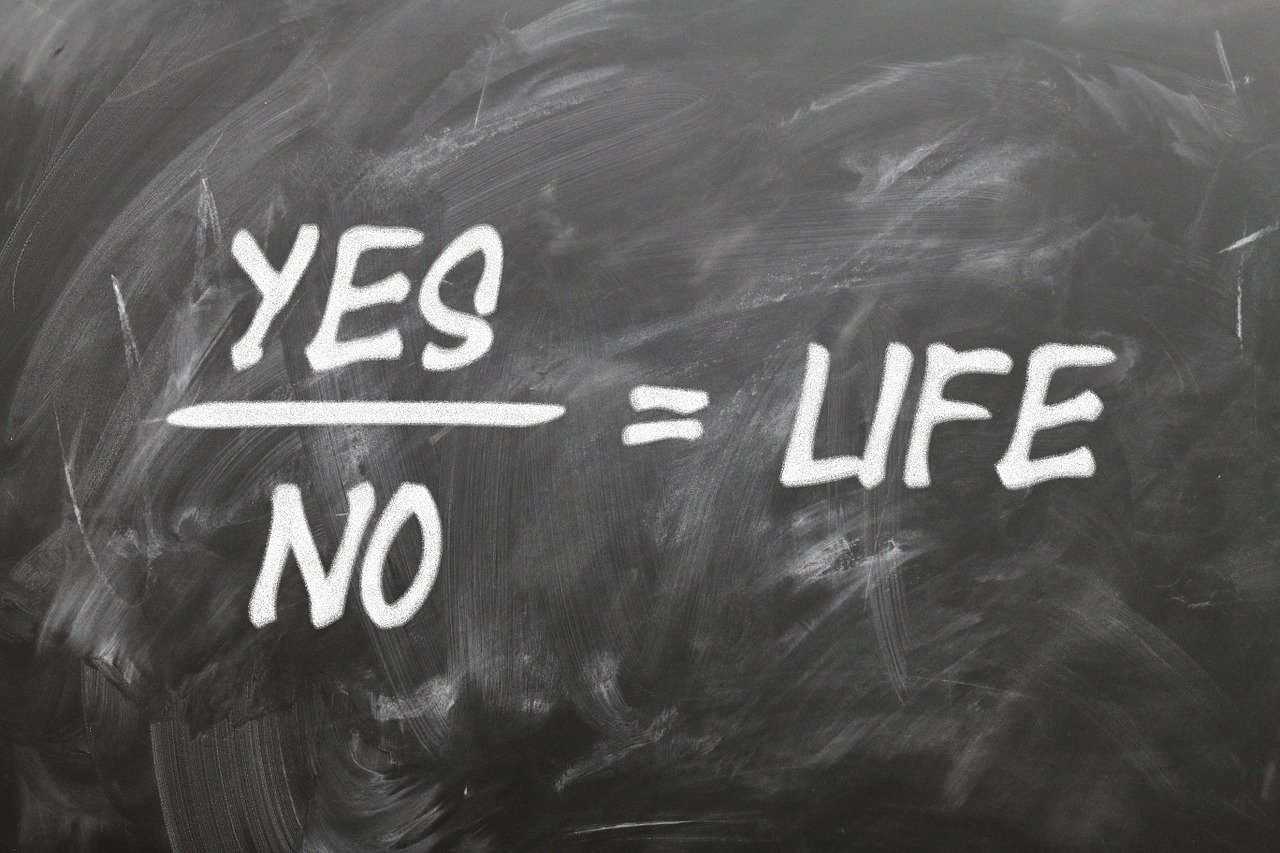The Kalama Sutta is one of the Buddha’s teachings that encourages critical thinking and independence of thought. The famous phrase “Believe nothing” reflects the idea that we should not accept teachings blindly or rely solely on tradition, authority, or scripture. Instead, we should examine things for ourselves and only accept them if they are reasonable, beneficial, and lead to good outcomes.
Benefits of the Kalama Sutta’s Teachings:
- Promotes intellectual independence: You become more self-reliant and confident in your thinking.
- Encourages personal responsibility: You take charge of your learning and growth.
- Prevents blind faith: You don’t just accept things because they’re part of tradition or authority.
- Foster’s open-mindedness: You remain open to new ideas, experiences, and knowledge.
- Helps avoid harmful beliefs: It ensures you evaluate beliefs based on their effects rather than just their source.
- Empowers ethical decisions: You act based on what’s right, not what others say.
- Reduces confusion: It gives a clear method to discern what is truly beneficial from what is harmful.
- Encourages wisdom over dogma: It nurtures wisdom by seeking truth rather than following doctrines.
- Builds confidence in truth: You gain trust in teachings through personal verification.
- Strengthens critical thinking skills: You learn to analyze and judge concepts independently.
The 10 Teachings of the Kalama Sutta:
Buddha listed these 10 ways in which people often develop beliefs, and warned to accept them without proper scrutiny:
- Do not believe just because something has been passed down through tradition.
- Simply because something is an old or cultural practice doesn’t mean it’s true or helpful.
- Do not believe something just because many people say it’s true.
- Popular opinion is not always correct.
- Do not believe because it is written in the scriptures.
- Sacred texts can be valuable, but they should not be followed blindly.
- Do not believe out of mere hearsay.
- Secondhand information can be distorted or incomplete.
- Do not believe just, because it was taught by a respected teacher.
- Even a wise teacher may be mistaken.
- Do not believe it because it has been accepted for a long time.
- The longevity of an idea doesn’t guarantee its truth.
- Do not believe based on logical reasoning alone.
- Even something logical could be based on faulty premises.
- Do not believe it because it appears to be common sense.
- What seems obvious or natural can sometimes be misleading.
- Do not believe based on personal assumptions or speculation.
- Your own preconceptions may distort your judgment.
- Do not believe simply because it fits your personal beliefs.
- Just because something aligns with what you already believe doesn’t mean it’s true.
What to Believe Instead:
The Buddha said, after discarding these ways of believing blindly, you should accept things only when:
- They lead to the good, welfare, and happiness of yourself and others.
- They are tested by your own experience, reason, and inquiry.
In essence, this teaching encourages you to trust your wisdom but also to test that wisdom rigorously against the impact of your actions and beliefs on both yourself and others.


